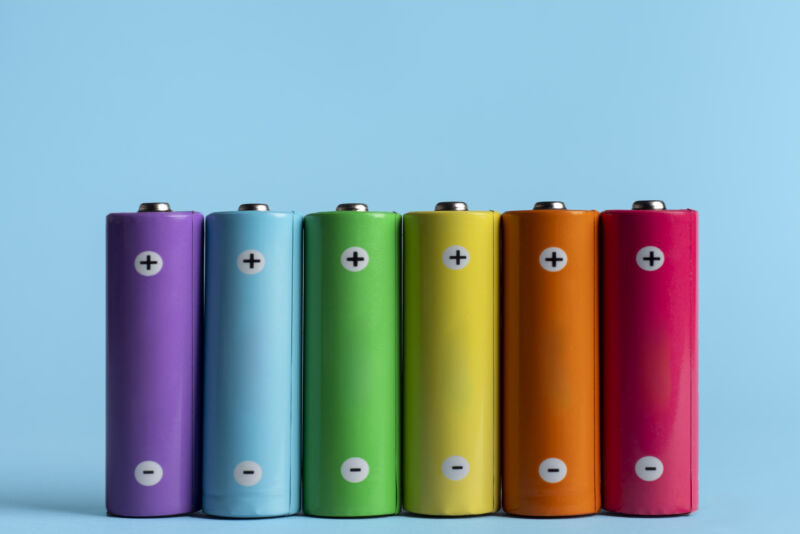
Enlarge (credit: Javier Zayas Photography)
In the world of renewables, Lithium-ion batteries are storage kings, making up around 70 percent of electric vehicle (EV) and 90 percent of grid batteries around the globe. As such, they’re becoming increasingly important in a world that’s trying to reduce its carbon emissions by electrifying homes, cars, and more. (Not that mining for lithium or the various rare earth metals in battery production is carbon-free.)
However, there are some problems with lithium-ion batteries, according to a recent Atlantic Council report. For one, existing supply chains for the minerals used for batteries are likely to be pushed to their limits as the world transitions to renewable energy.
But there are also geopolitical factors that could disrupt these supply chains. For instance, many of the minerals tied to the production of these batteries are either obtained or processed in Russia and China. For the United States, this might mean that the security of the supply chains for these batteries is put at risk by geopolitical conflicts. For instance, Russia’s invasion of Ukraine saw the price of nickel—a core component in EV batteries—skyrocket.
Read 13 remaining paragraphs | Comments
